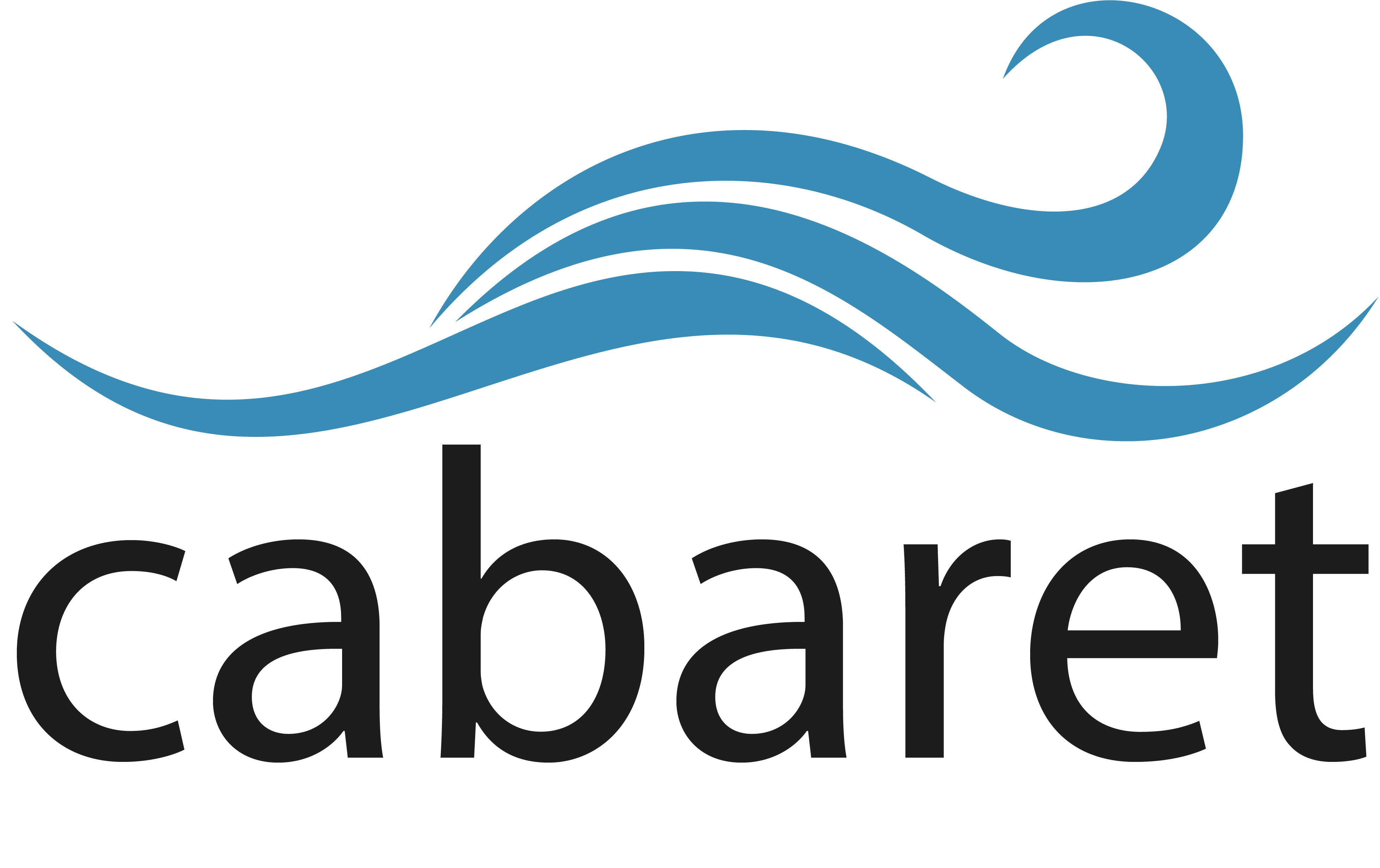Project management
Work package: Management
Reference number: 2
The objective of WP2 is to manage partners to deliver outputs and achieve intended outcomes.
Sustaining commitment, enthusiasm and delivery by all partners is a key variable in the viability of CABARET. All members of CABARET will engage in a consultative process to identify strategies and working practices that will help ensure we achieve this. These will: ensure transparency and a shared understanding of both formal rules and less formal norms of behaviour in CABARET; ensure appropriate risk management planning (e.g. terms and conditions governing the project, ensuring that all partners are represented in governance and management structures, entry and exist criteria, organising work within inter-organisational teams to minimise overreliance on specific partners, ensuring continual professional development opportunities to sustain individual commitment, defining conflict resolution; build in flexibility and diversity in the operationalisation of the project; create space for repeated interaction through both formal and informal, and ‘real-world’ and virtual interactions – a balanced mix of face-to-face and remote contact; ensure early investment in ‘solidifying’ specific governance and management processes, to aid accountability, transparency, resilience and reliability; specify both vertical and horizontal lines of accountability and responsibility; clarify terms of reference for various committees, to ensure clarity in roles, responsibilities and commitments; and, ensure close communications around financial management, reporting, grant terms and conditions.
In order to achieve these, WP2 will: establish working procedures and reporting structures; define methods for managing and resolving disputes among institutions; provide management time, administration, co-ordination functions; organise the CABARET steering committee meetings, progress reports and maintain all records of expenditure; manage work package activities and deliverables against agreed milestones; and organise and submit interim and final report in accordance with the funding body requirements.
The involvement of EU programme country partners will add value due to their extensive experience of research project management. The appointment of joint EU/Asia WP leaders will help to fertilize knowledge transfer in effective management practices.
Tasks:
2.1 General administration and management of the project: P1 is the nominated WP Leader for WP2. The lead applicant (P1) will have responsibility for the general administration of the project, and for the contract agreement between applicant and the Commission. P1 will appoint Professor Richard Haigh to act as WP Leader. P1 will use quarterly WP reports that will be received from all partners to maintain all records attributable to the project in line with EU financial guidelines. WP Leaders will be required to report periodically in line with the Terms of Reference, a document that establishes a common understanding between the coordinator and partners as to the technical and financial provisions of the project.
2.2 Convene Steering Committee: P1’s Professor Richard Haigh will chair the project steering committee that is responsible for planning and monitoring activities of other WPs; the quality assurance of all outputs (as per quality plan T1.5); and, reporting to other partners. It will also monitor progress, agree any changes to proposed activities, report on individual WPs and discuss findings/outcomes. The project steering committee will comprise the WP leaders and will meet on five occasions in person (M2, 9, 15, 21, 27, 33), and at least once virtually (M8), but use the virtual network and telephone/video conferencing for communication between meetings as required. The first meeting will be used to establish working practices, review the draft consortium agreement and terms of reference, which set out partner responsibilities, working practices, decision-making processes, and systems to resolve any disputes. Management is integrated into all the project’s WPs, with selected partners assuming lead roles in coordinating discrete WPs via WP leaders, supported by staff time. The first steering committee meeting will be held in the days prior to the kick off meeting.
2.3 Hold kick off meeting: One representative from each programme country institution and each partner country institution will attend the project kick-off meeting, to be held in M2 in Indonesia. This will be held in the days immediately following the first project steering committee. The kick off meeting will be used to provide a detailed overview of the workplan and ensure a common understanding among institutions. Each WP leader will have the opportunity to meet with their WP team and prepare detailed implementation plans. The kick off meeting will also be an opportunity to review working practices and address any concerns raised by institutions.
2.4 Publish e-newsletters: E-newsletters will disseminate project progress to target groups, including updates from WPs and news on events. The e-newsletter will also provide institutions with information about relevant developments in Europe and Asia. Institutions will be encouraged to distribute the e-newsletter through their own national and international networks. P1 will be responsible for publishing the newsletter.
2.5 Compile closure report: A project closure report will be prepared by P1 in accordance with the contract agreement between applicant and the Commission.


